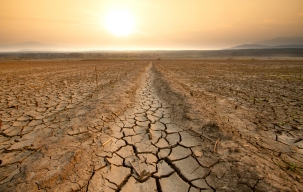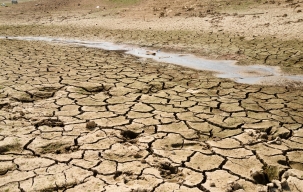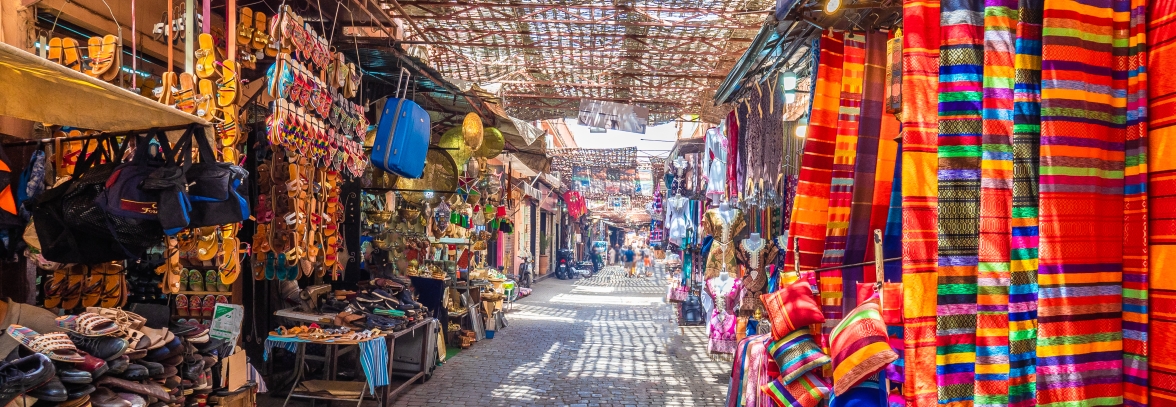North Africa is the largest defined region in the Middle East, most commonly accepted as stretching from Morocco to Egypt. Whilst its most westerly expanses may be closer to Madrid than they are to Baghdad, it is the strong common ethnic, cultural and linguistic identity with the Middle East that merit it being a region of the Middle East. The term MENA (Middle East and North Africa) is commonly used to refer to the environmental, political and cultural similarities across the countries. The region is populated by ethnic Berbers, West Africans and Arabs whilst Arabic and French are the most commonly spoken languages.
The region of North Africa consists largely of three main geographical features that dictate its cultures and politics; the Atlas mountains in the West, the Nile River and delta in the East and the Sahara desert in the South. North Africa is significant to understanding early modern human history, with the early remnants of hominid occupation in Algeria being dated to 200,000 BC. The region also boasts remarkable achievements and peoples such as Ibn Khaldun, described as the founder of the modern disciplines of historiography, sociology, economics and demography. Khaldun’s life and travels are testament to the connectedness of the region, especially as a gateway from Europe to the Middle East and a centre of trade.
The region's geography, through its proximity to Europe and the Middle East, has meant that much of its history has been forged through conquest. The region has served as a theatre for European war and colonialism for many centuries, notably as part of the French Empire and in the North African campaign of World War II, leaving large parts of the the region with both a shared language and history.
The Roman Empire and the and the spread and victory of Islam are just two events that certified both the unity and connectedness of the region to the Middle East. Another was was the Arab Spring that began in Tunisia in late 2010. Decades-long authoritarian leaders from the countries including Tunisia, Egypt, Libya and Yemen were removed from power during 2011 through protests that spread organically throughout North Africa and the Middle East. Whilst the event marked a rupture in governance in the region, with many nations turning toward more democratic governance, recent developments such as coups and wars have stalled the democratic journey of most Arab Spring nations, with the exception of Tunisia.
North Africa’s unique intersection in the geography, culture and trade of the Middle East, Africa and Europe means it is well placed to thrive economically. This position allows stable nations in the region to be able to choose the best suitor for lucrative investment and trade partnerships, including the EU, China and India. The UK government's initiative of encouraging private sector investment accompanied by efforts to tackle extremism and instability seeks to strengthen their relationship with the region.
 Members content
Members content Members content
Members content Members content
Members content